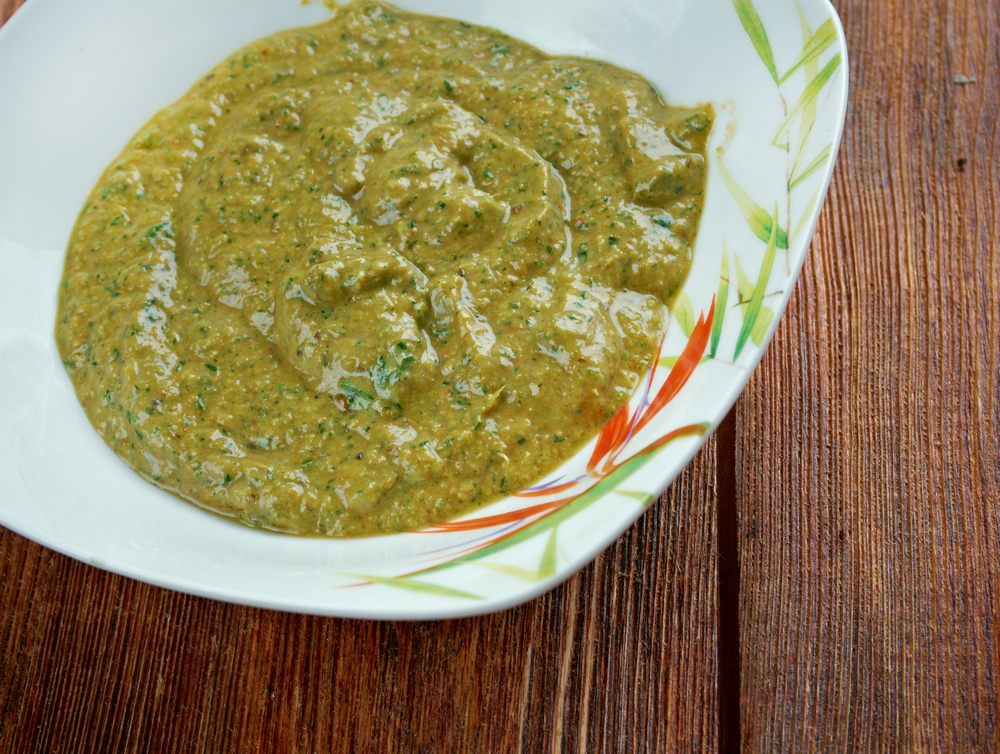Piri-Piri Sauce: The Fiery Soul of Mozambique
In the colorful culinary palette of Mozambique, the Piri-Piri sauce stands out, not just in hue but in impact. From humble street food stalls to opulent feasts, this spicy concoction is a constant, adding zest, heat, and passion to dishes, embodying the fiery spirit of Mozambique.
A Spicy Legacy: Tracing the Origins of Piri-Piri
The journey of Piri-Piri is a tale of exploration and fusion. Introduced to Africa by Portuguese explorers who discovered these chilies in South America, the African soil embraced Piri-Piri, and Mozambique made it its own. Infused with local ingredients and flavors, the Piri-Piri sauce of Mozambique was born, becoming a culinary and cultural emblem.
The Many Faces of Piri-Piri: Exploring Variations
The essence of Piri-Piri lies in its adaptability. While the base remains consistent, numerous variations have emerged, each carrying a unique flavor profile.
Classic Piri-Piri Sauce
- Piri-Piri chilies
- Garlic cloves
- Lemon or lime juice
- Red wine vinegar
- Oil (typically olive or vegetable oil)
- Salt to taste
This traditional version is a harmonious blend of heat, tanginess, and depth. The ingredients are blended into a smooth sauce, often matured for a day to meld the flavors.
Herb-Infused Piri-Piri
Adding herbs like cilantro or parsley introduces a refreshing note, creating a delightful balance between heat and aroma.
Creamy Piri-Piri
For those who seek the flavor without intense heat, introducing cream or yogurt to the sauce offers a milder, richer version.
Smoky Piri-Piri
Roasting the chilies before blending gives the sauce a smoky undertone, perfect for grilled meats and barbecues.
More than a Sauce: Piri-Piri’s Cultural Footprint
Piri-Piri is more than a condiment in Mozambique. It’s a celebration of resilience, adaptability, and flavor. It represents the country’s ability to absorb influences, transform them, and create something uniquely Mozambican. Every drop of Piri-Piri carries with it tales of centuries, migrations, and the unyielding spirit of its people.
Unleashing Piri-Piri: From Dips to Marinades
The genius of Piri-Piri is its versatility. Use it as a marinade for meats, a spicy dip for bread, a seasoning for seafood, or even a zesty drizzle over salads. Its ability to elevate any dish is unparalleled, making it a must-have in every Mozambican kitchen and beyond.

Decoding Piri-Piri: Answering the Burning Questions
1. How long does Piri-Piri sauce last?
When stored in an airtight container in the refrigerator, Piri-Piri can last up to a month, with its flavors intensifying over time.
2. Is there a non-spicy version of Piri-Piri?
While Piri-Piri is inherently spicy, using fewer chilies or blending with creamy ingredients can significantly reduce its heat.
3. Can I use dried Piri-Piri chilies?
Yes, dried chilies can be rehydrated in warm water and used, though fresh chilies offer a brighter flavor.
4. What’s the difference between Mozambican Piri-Piri and Portuguese Piri-Piri?
While the foundation is similar, Mozambican Piri-Piri often has a more robust flavor, integrating local ingredients and techniques, making it distinct from its Portuguese counterpart.
5. Are there health benefits to consuming Piri-Piri?
Piri-Piri chilies contain capsaicin, which can boost metabolism, promote healthy digestion, and offer antioxidant properties.
If the fiery allure of Piri-Piri has captivated you, the culinary landscape of Mozambique holds many more such treasures. Explore a curated collection of Mozambique’s culinary masterpieces and let your taste buds travel.
